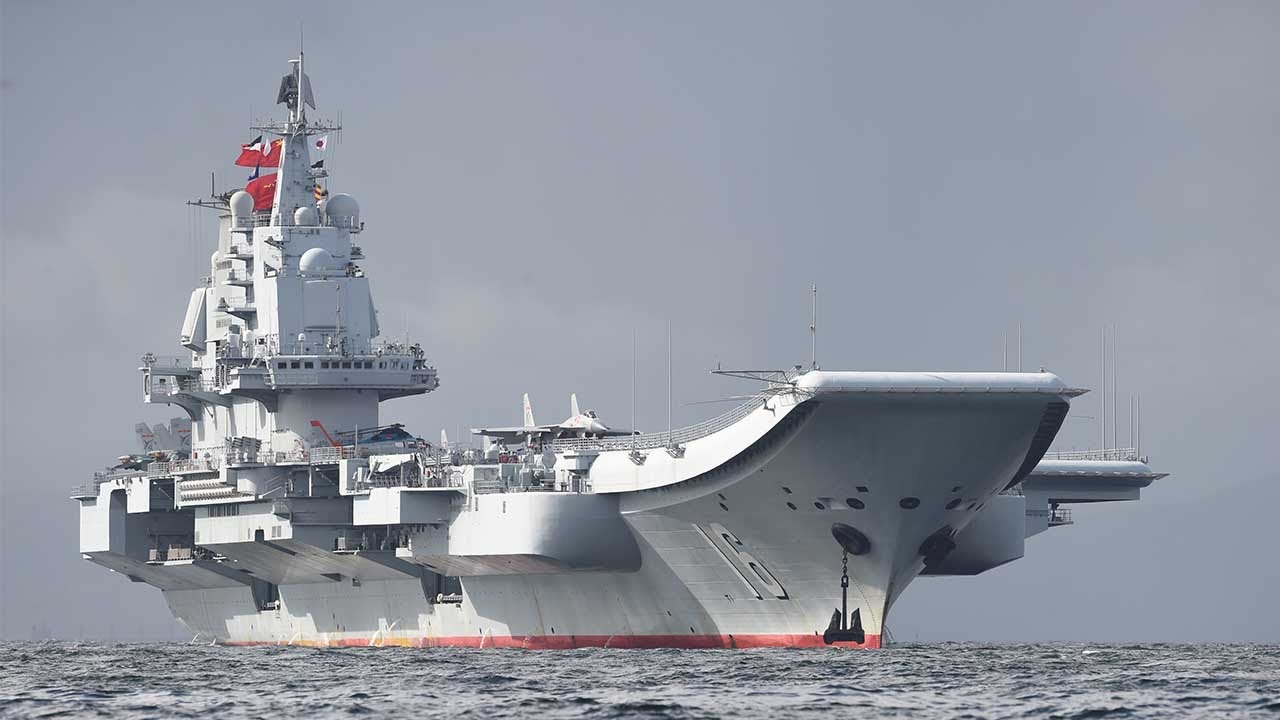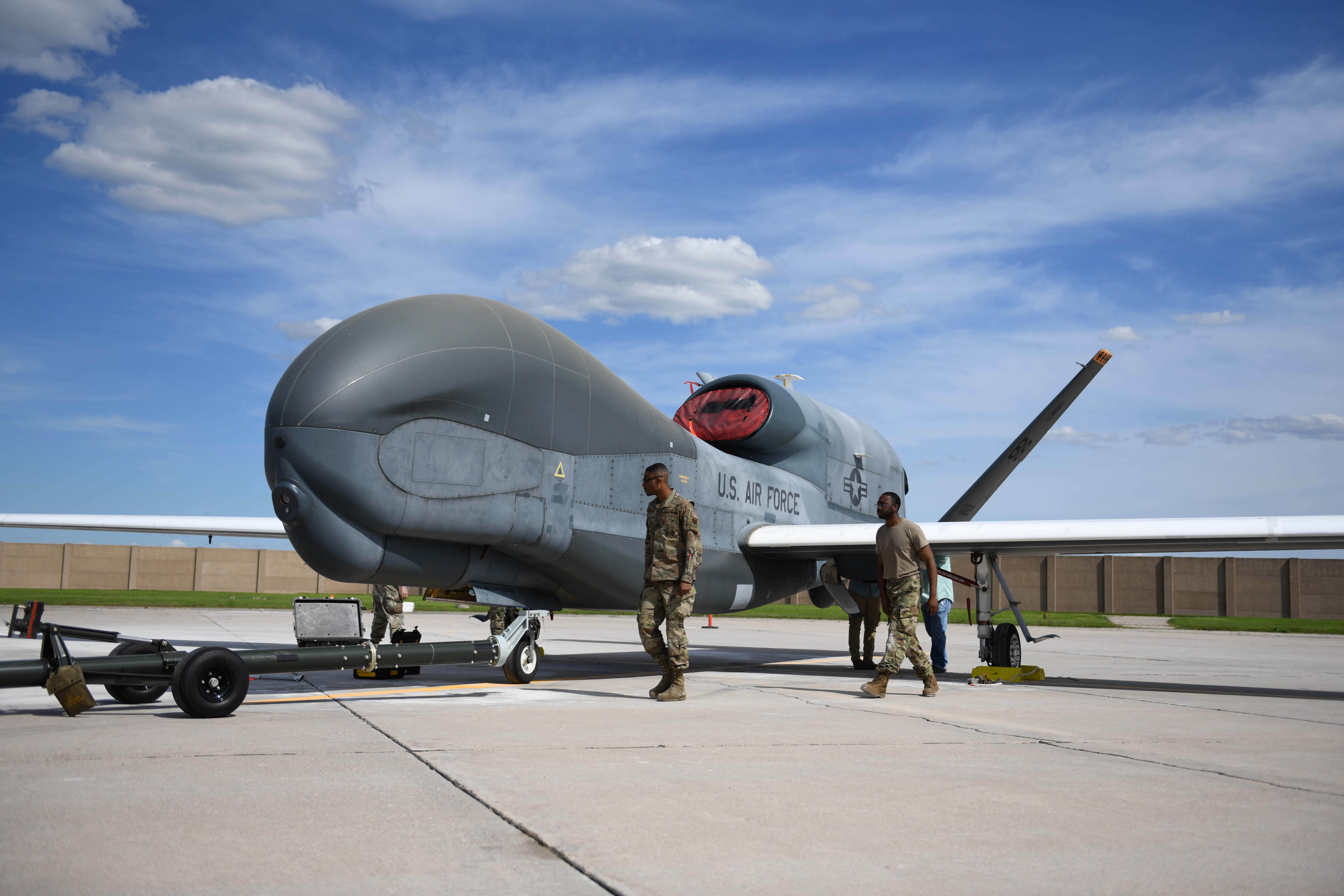Among a host of information about the Ukraine war made available by the controversial leak of Pentagon documents, there is a revelation that British special troops have been stationed in Ukraine.
The leaked files have revealed that up to 50 Special Forces, most likely the SAS, have been sent to Ukraine. According to the records, it’s possible that more than half of the Special Forces soldiers from Western countries who were in Ukraine between February and March of this year were British.
The revelation comes after more than a year of speculation that Western countries have also sent their troops to Ukraine, despite their “no boots on the ground” strategy in the ongoing conflict. The document, however, failed to specify what role these Special Forces have been asked to play in Ukraine.
Moreover, it is also impossible to gauge the current number of these Western troops stationed in Ukraine. The big expose has left the West red-faced, with the US government saying it was investigating the source of the leaks.

The paper, dated March 23, claims that the UK (50) and neighboring NATO members Latvia (17), France (15), the United States (14), and the Netherlands (1) have the greatest contingents of elite forces in Ukraine, BBC reported. The location and purpose of the forces are not specified in the documents.
The UK government has yet to break its silence on the issue, putting it in a tough spot. Since the start of the conflict, the UK government has kept its involvement with elite forces in Ukraine a secret. The number of personnel could be smaller and could have changed since. However, special troops are, by definition, incredibly effective.
Russia has claimed on previous occasions that Western Special Forces were assisting Ukraine in carrying out sabotage activities.
The British Special Forces have been known to have assisted in training Ukrainian soldiers for combat. In July 2022, media reports indicated that British Special Boat Service (SBS) Forces trained the Ukrainian Commandos for their decisive assault on Russian positions at Snake Island.
In a detailed article that also examined the role of SBS troops, EurAsian Times noted that the Royal Navy’s Special Boat Service (SBS) reportedly taught the troops how to operate underwater vehicles. However, Moscow has also alleged direct involvement by British Special Forces in some operations.
For instance, the Russian ambassador to the UK alleged that UK Special Forces were involved in a Ukrainian drone attack on Moscow’s Black Sea fleet last fall.
At the time, Andrei Kelin told Sky News: “We perfectly know about [the] participation of British specialists in [the] training, preparation, and execution of violence against the Russian infrastructure and the Russian fleet in the Black Sea. We know that it has been done.”
Several months before the Russian invasion, the UK embassy in Kyiv reported in June 2021 that its special troops had trained alongside the Ukrainian military. Besides the notorious SBS, the Special Air Service (SAS) is one of many elite military forces of the UK whose operations are typically cloaked in secrecy.
UK’s Famed Special Air Service Forces (SAS)
The Special Air Service (SAS) is a highly trained elite British military force for counterterrorism, surveillance, and special operations.
The SAS is a part of the United Kingdom Special Forces (UKSF), which also consists of an air wing, an integral signals regiment, the Special Boat Service, the Special Reconnaissance Regiment, the Special Forces Support Group, and a Special Forces Support Group.
In July 1941, during World War II, the SAS was first established in North Africa. Its creator, David Stirling, imagined the possibility of a strike force that might operate autonomously far beyond enemy lines, hitting airfields and other significant sites.
The SAS had become a brigade by the time the war concluded and had taken part in operations in Germany, the Netherlands, France, Italy, and France. The SAS includes soldiers from across the United Kingdom’s armed forces, though mainly from the army and specifically from the Parachute Regiment.
The SAS lives by the slogan “Who Dares Wins.” It has been part of some sophisticated and successful operations globally, including South East Asia, the Middle East, and almost all major contemporary wars. However, the longest and the most ardent commitment were in Northern Ireland.

The SAS was tasked with carrying out conventional raiding and patrolling operations behind enemy lines during the 1982 Falkland Islands War. Later, the SAS was deployed in the western desert of Iraq during the Persian Gulf War of 1990–1991 to thwart Scud missile attacks on Israel and Saudi Arabia.
It was also sent to the Balkans. The SAS liaison squads communicated directly with combatants during the Bosnian War in the 1990s. Teams later searched for accused war criminals in Bosnia and Herzegovina.
In a more recent war, the SAS contributed Task Forces Black and Knight to carry out counterterrorism operations in Baghdad and Basra during the 2003–2011 Iraq War. They were experts at quick, precise raids and frequently moved quickly from one target to the next as the intelligence picture changed.
They were experts at quick, precise raids and frequently moved quickly from one target to the next as the intelligence picture changed. SAS squadrons participated in an active UKSF task group in Afghanistan. They trained Afghan National Army commandos, served as mentors, and carried out combined special operations against Taliban leaders and bomb-making facilities.
Although their participation in the ongoing Russia-Ukraine War remains shrouded in secrecy, if authenticated, it would become another major feat achieved by the SAS in the most recent war fought in Europe.





